The world is divided into two types of dog owners: those who live in organized chaos and those who operate on clockwork precision. But here’s what might surprise you — your dog’s happiness isn’t determined by how neat your life is, but by whether their personality matches your lifestyle. Some pups flourish when the doorbell’s ringing, kids are screaming, and delivery trucks are honking outside. Others? They need their breakfast at exactly 7:03 AM and their evening walk at precisely 5:47 PM, or their entire world feels out of balance.
Golden Retriever — The Ultimate Chaos Coordinator
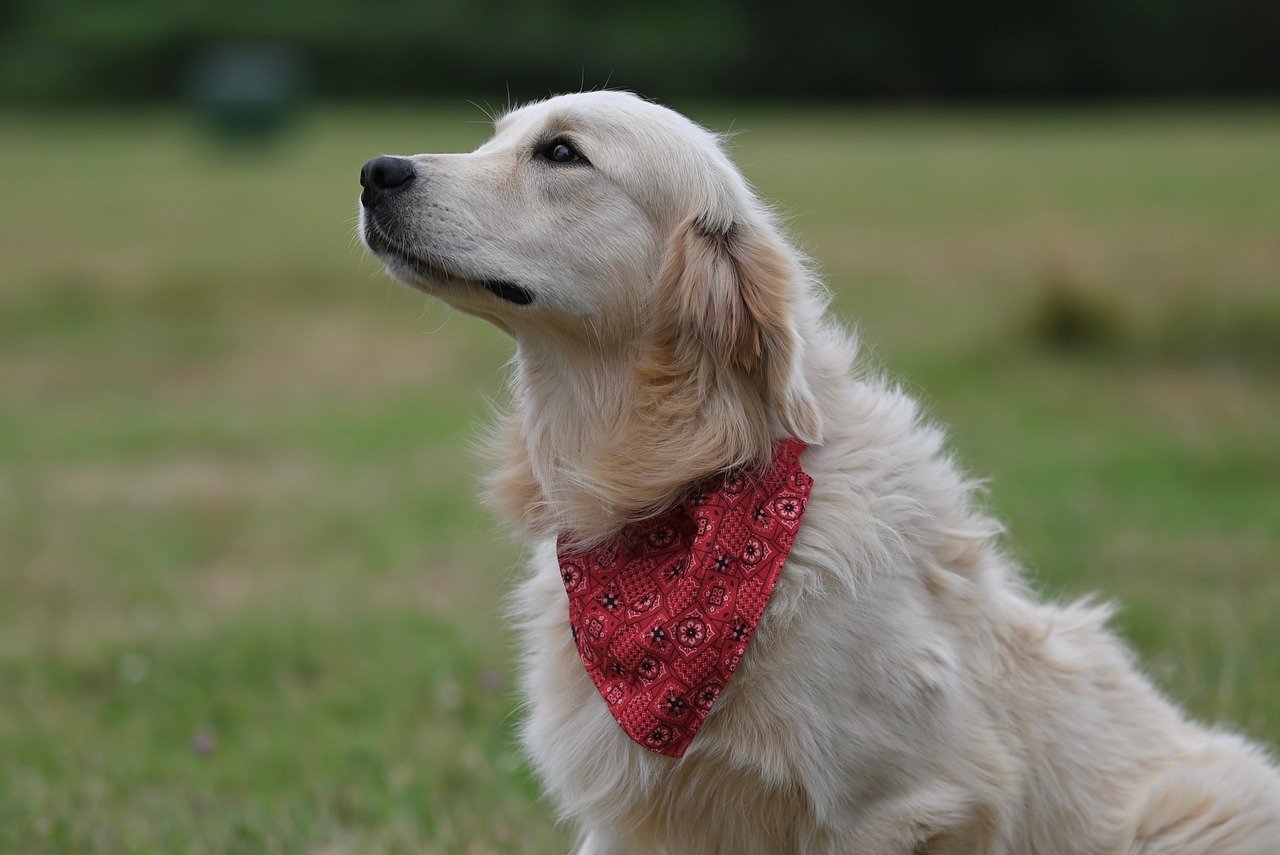
Golden Retrievers are incredibly adaptable and can thrive in homes full of activity and noise without becoming overwhelmed. These furry diplomats don’t just tolerate chaos — they actively manage it with their patient, easygoing personalities. When your toddler is having a meltdown while the smoke alarm goes off because dinner’s burning, your Golden will calmly assess the situation and somehow make everyone feel better.
These dogs love being around their family and are particularly good with children, showing patience even when the household is bustling. Their calm demeanor and affectionate nature make them the perfect choice for families that live in a lively, unpredictable environment. They’re like having a therapist with a tail — always ready to offer comfort without judgment, even when your day has gone completely sideways.
Labrador Retriever — The Cheerful Hurricane Survivor
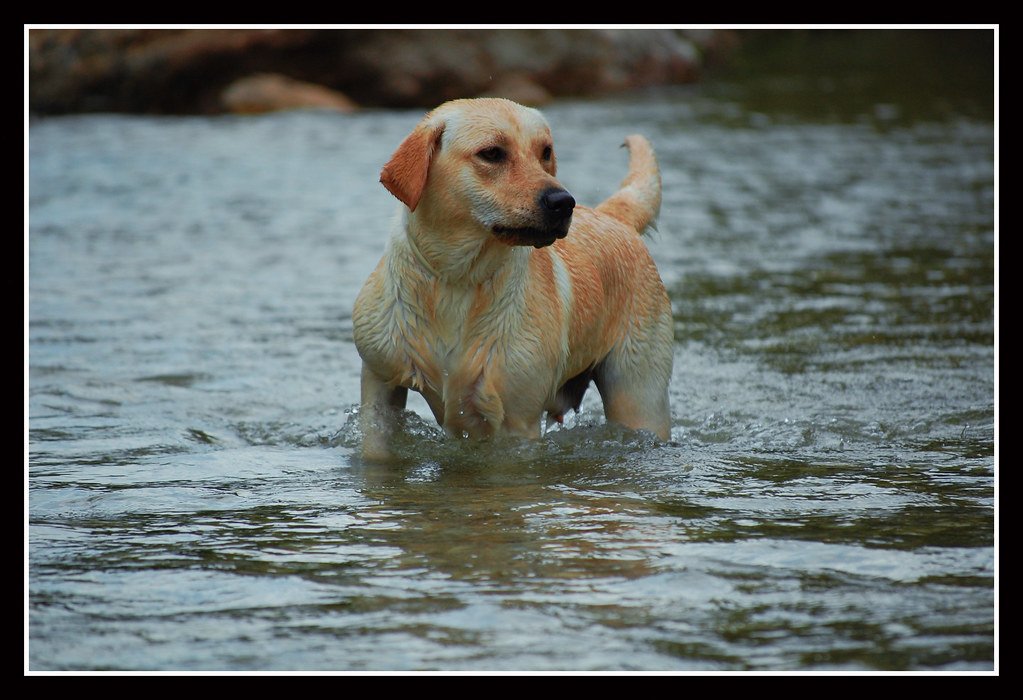
Labs are the gold medalists in family compatibility. Friendly, patient, and low-drama, they blend right into the hustle and bustle without missing a beat. These dogs have mastered the art of selective hearing — they’ll ignore the vacuum cleaner and construction noise but somehow hear you unwrapping cheese from three rooms away.
They adore kids, rarely show aggression, and are as happy playing in the yard as they are snoozing by your feet while homework gets done. Labradors are dependable and enthusiastic, always ready for a quick walk or just to follow you around like your furry assistant manager. In a household where schedules change daily and plans fall through, Labs adapt like seasoned professionals.
Basset Hound — The Zen Master of Mayhem
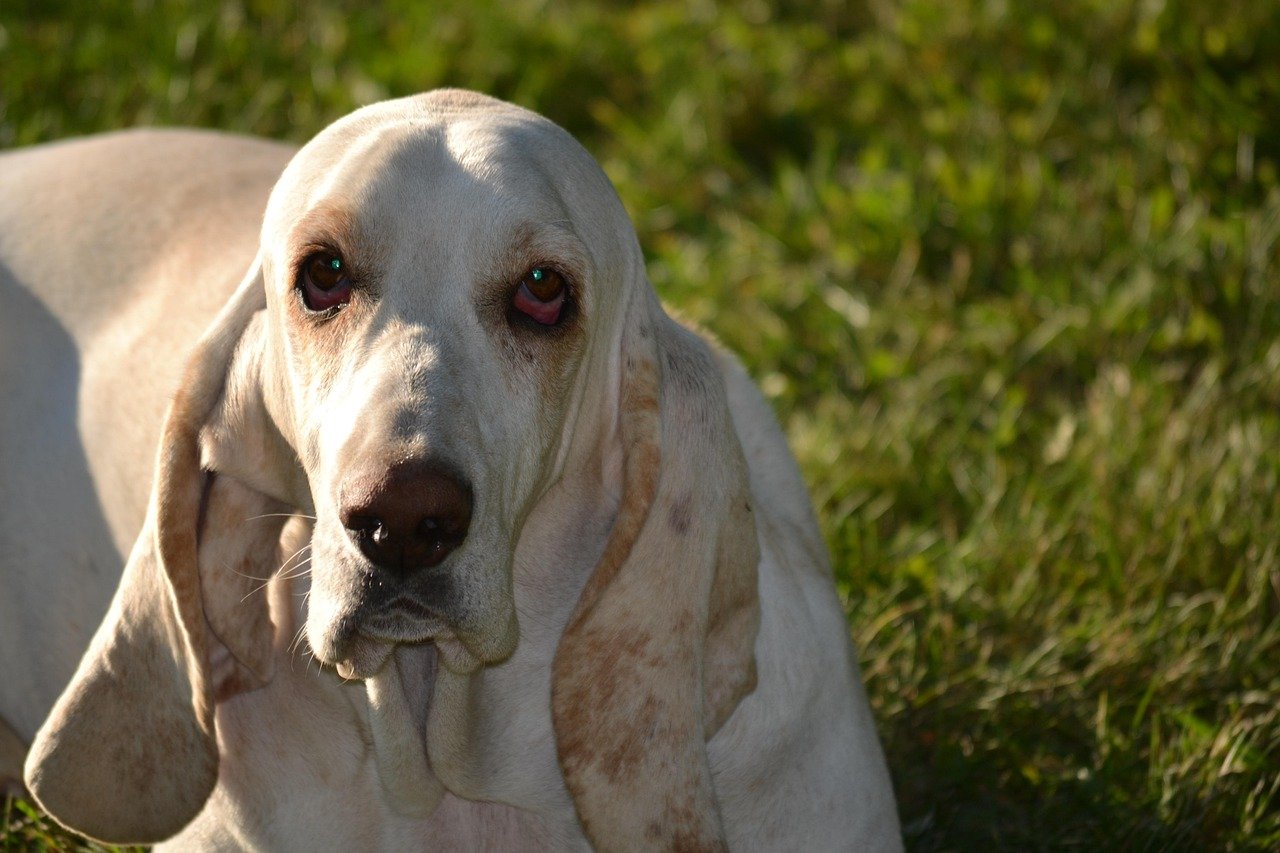
Basset Hounds are well-known for their laid-back, patient personalities and easygoing attitude. While they may not be the first breed that comes to mind for handling chaos, their calm demeanor in noisy situations makes them excellent companions. Picture this: your teenager’s band is practicing in the garage, your neighbor’s leaf blower is going full blast, and your Basset is peacefully napping on the porch like nothing’s happening.
Their calm, easygoing demeanor allows them to coexist peacefully with noisy children, rowdy pets, or even bustling households. They rarely get rattled by chaos and prefer to take life at their own slow pace. They’re the living embodiment of “not my circus, not my monkeys” — except they love you anyway.
Pug — The Unbothered Royal
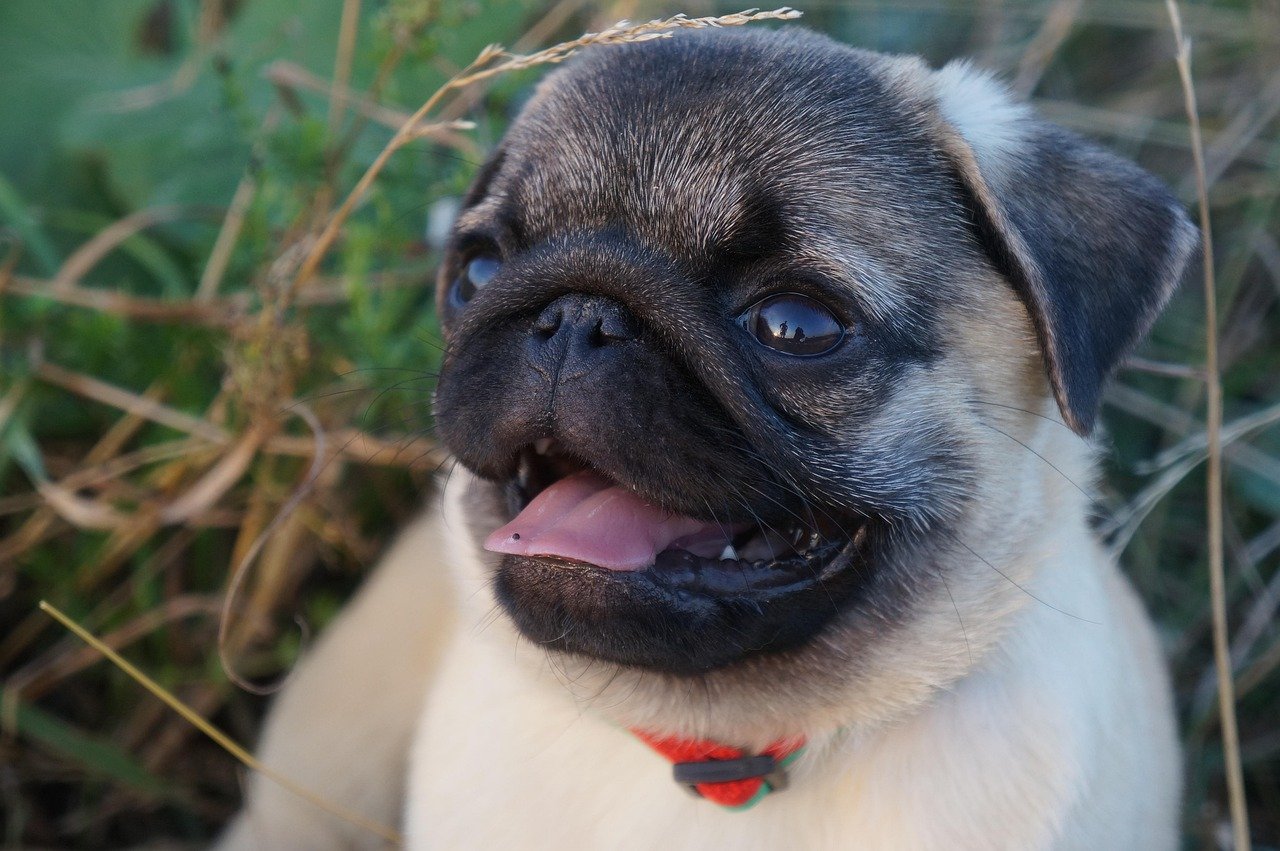
Kids can be roughhousing, music can be blasting, and a Pug might just open one eye to check if it’s snack-related before going back to their nap. They stay grounded in even the busiest homes, content as long as they’re nearby. These little comedians have perfected the art of staying cool under pressure.
Their affection is unwavering, their vibe is mellow, and their needs are simple. For households where things can get loud or unpredictable, a Pug offers a gentle contrast, a little dog who’s just here for the cuddles, not the chaos. They’re like that friend who never gets stressed about anything and somehow makes you feel calmer just by being around.
Cavalier King Charles Spaniel — The Emotional Support Professional

Cavalier King Charles Spaniels are small but mighty when handling chaos in their surroundings. They are naturally affectionate and adaptable, which allows them to thrive in homes where the environment is constantly changing. These dogs seem to have built-in emotional intelligence that helps them read the room and respond accordingly.
Cavalier King Charles Spaniels epitomize calm, bringing serenity with their gentle nature and affectionate personalities. These small, elegant dogs are experts at reading their owners’ emotions and offering comfort when needed. When your household feels like a three-ring circus, they become the ringmaster who somehow keeps everyone centered.
Newfoundland — The Gentle Giant Guardian
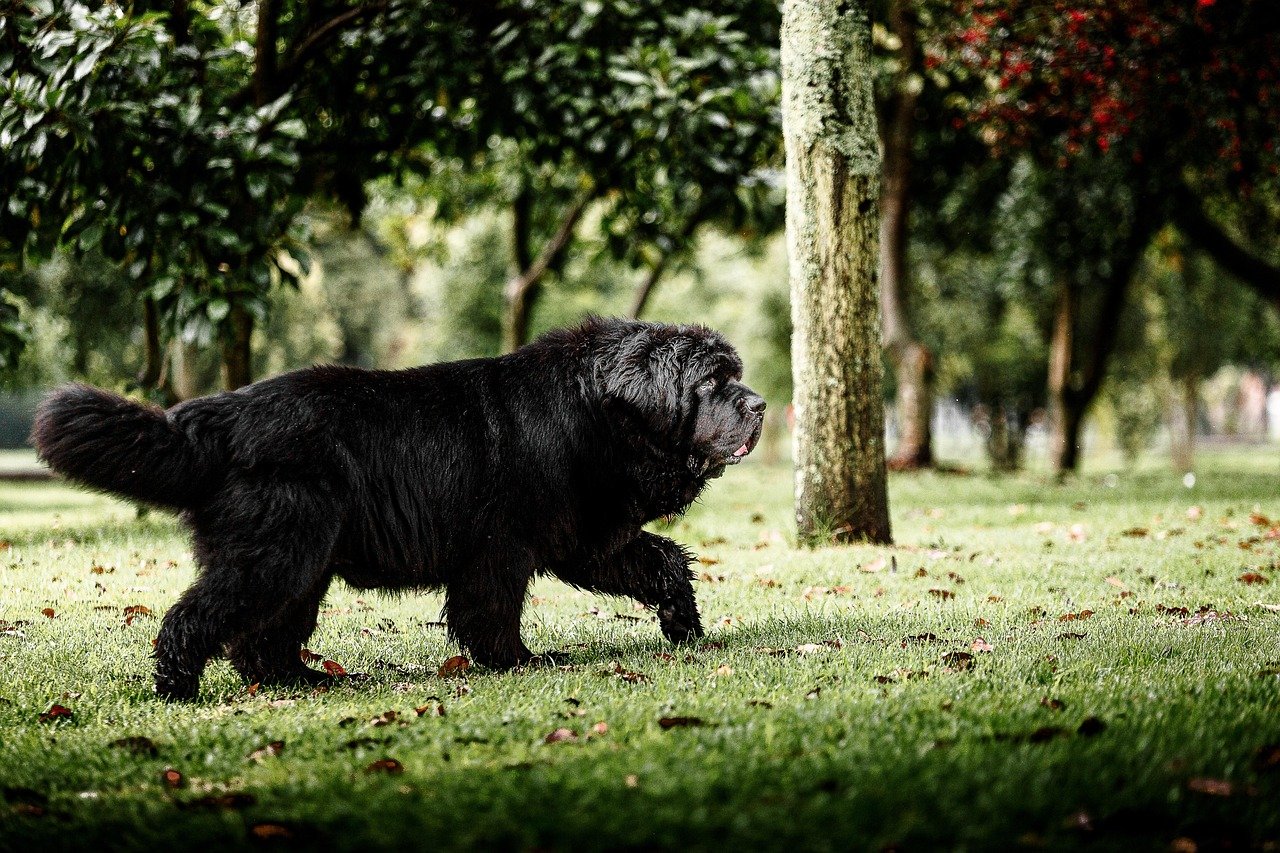
Their natural caregiving instincts and low-reactivity disposition make them ideal for chaotic or high-energy homes, where they serve as stabilizing forces. Newfies are emotionally intuitive and rarely display aggression or fear, even amidst unpredictable activity. These massive teddy bears have an almost supernatural ability to stay calm when everything around them is falling apart.
Imagine having a 150-pound therapy dog who doesn’t need training to know when someone needs comfort. Whether it’s a crying baby, a stressed teenager, or adults dealing with work drama, Newfoundlands seem to absorb the chaos and transform it into something manageable. Their presence alone can turn a hectic household into a more peaceful one.
Shih Tzu — The Portable Peace Ambassador
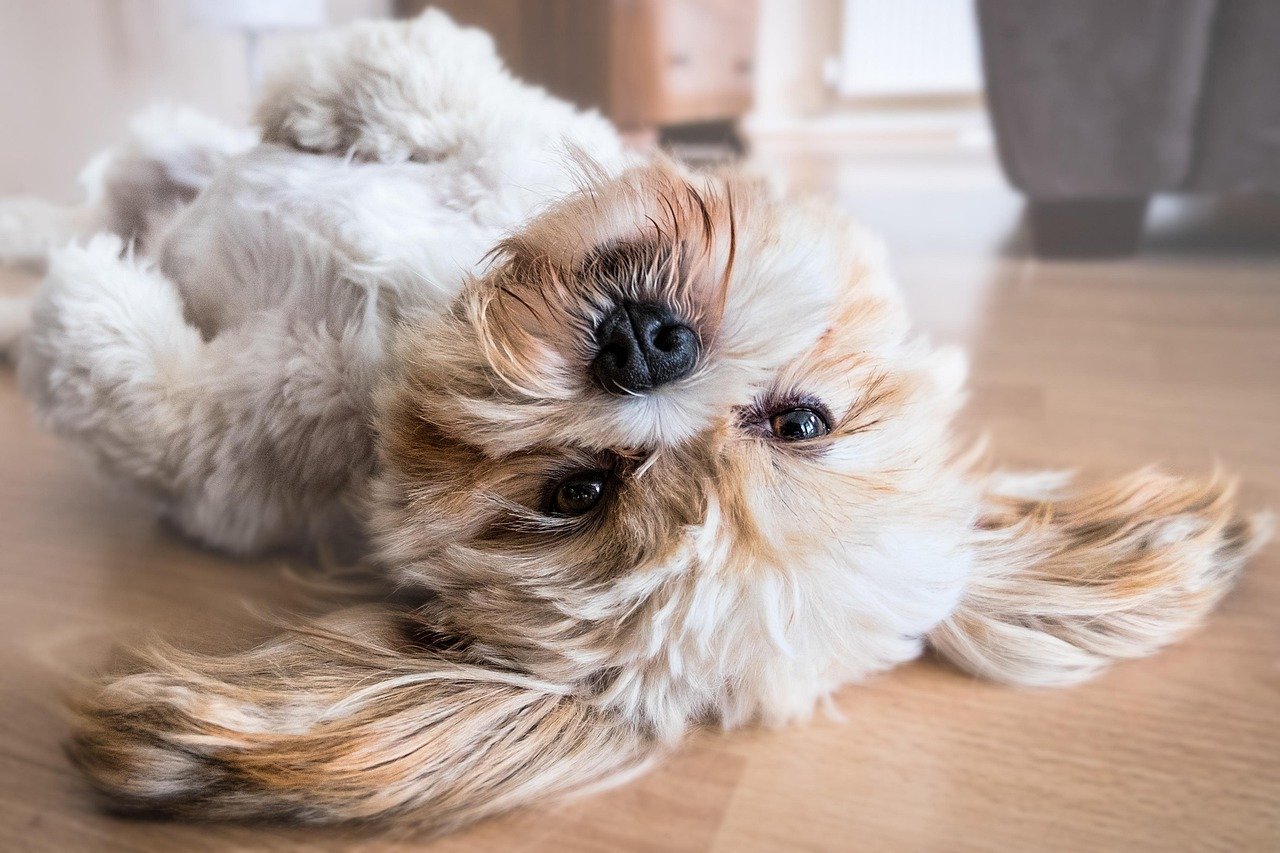
Shih Tzus may be small, but their calm and composed nature allows them to thrive in chaotic households. They are affectionate and enjoy human company but are also content to sit quietly while the activity around them swirls. These little royals have mastered the art of being present without adding to the drama.
Shih Tzus are incredibly affectionate and thrive on human interaction, often forming deep emotional bonds with their families. Their calm and laid-back nature helps diffuse tension and promote relaxation, making them ideal for reducing stress in a busy household. They’re like having a furry meditation guru who never judges your life choices.
Bernese Mountain Dog — The Calm in Any Storm
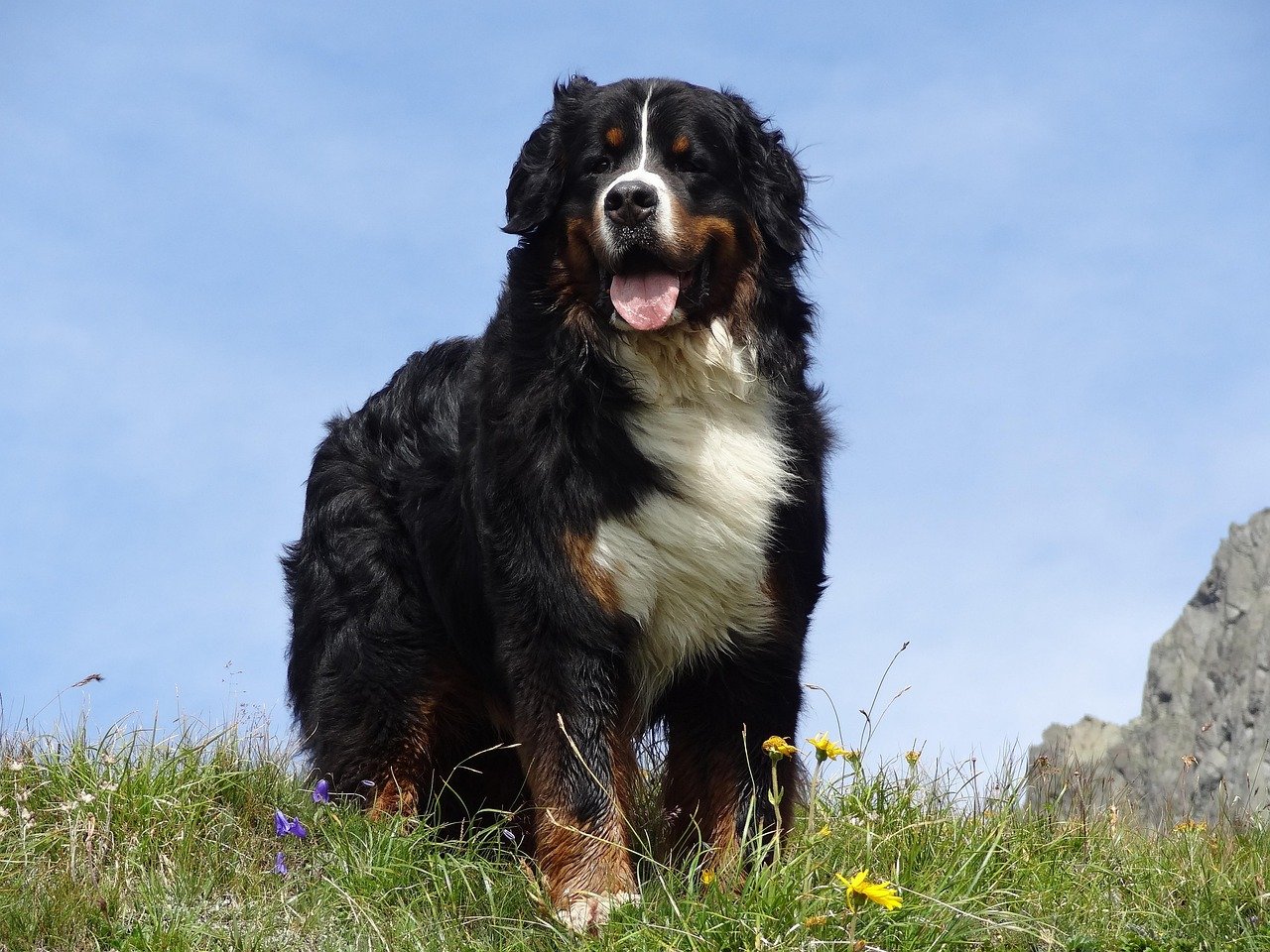
Bernese Mountain Dogs are gentle giants with a calm, sweet nature. Despite their size, they’re incredibly affectionate and often act like oversized lap dogs. These dogs have perfected the art of being simultaneously impressive and completely non-threatening — a skill that’s invaluable in chaotic households.
They’re patient with children and friendly with visitors, making them a great addition to families who entertain or have lots of foot traffic. While they enjoy exercise, they’re not overly demanding, making them a perfect match for families with a yard and a lot on their plates. They’re the friend who helps you move without complaining and brings pizza afterward.
Greyhound — The Elegant Observer
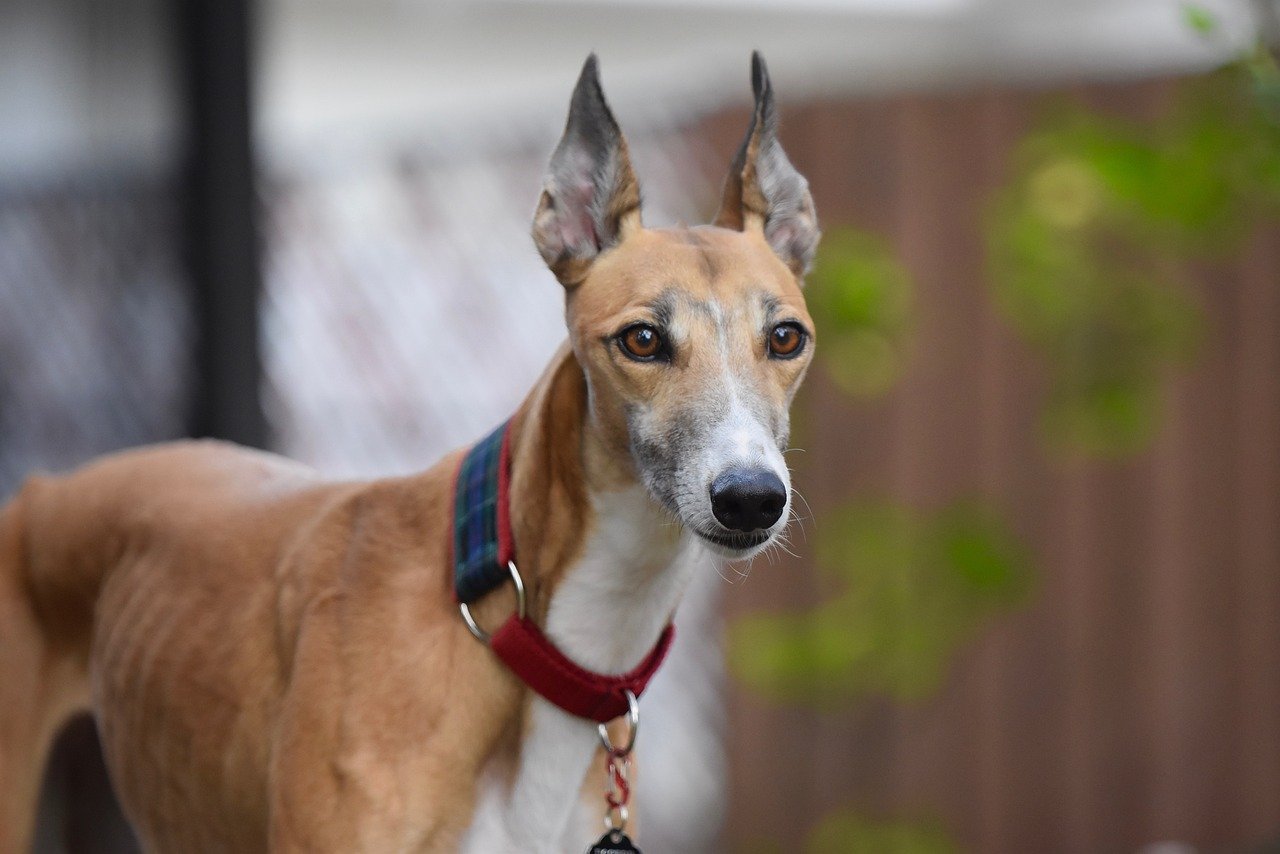
This is an elegant dog far more concerned about comfort and relaxation than getting involved in the mayhem. As long as an ex-racing Greyhound can have the chance to have a good sprint, they love nothing more than to sit back and watch the chaos from the comfort of the sofa. These retired athletes have mastered the art of strategic laziness.
Think of Greyhounds as the wise elders of the dog world — they’ve seen it all, done it all, and now they just want to observe from their favorite spot on the couch. They’re perfectly content to let the chaos swirl around them while they maintain their zen-like composure, occasionally lifting their head to check if anything interesting is happening before returning to their nap.
Mixed Breeds — The Ultimate Chaos Champions

Many mixed breeds inherit the best traits from multiple lineages, often creating dogs that are exceptionally adaptable to various living situations. These genetic lottery winners frequently combine the calm temperament of one breed with the social skills of another, resulting in dogs that can handle whatever life throws at them.
The beauty of mixed breeds lies in their unpredictability — not in behavior, but in their unique combination of traits that often makes them incredibly resilient to change. They’re like the Swiss Army knives of the dog world, equipped to handle multiple scenarios with grace and good humor. Plus, they often come with fewer health issues and longer lifespans than their purebred counterparts.
German Shepherd — The Routine-Dependent Guardian
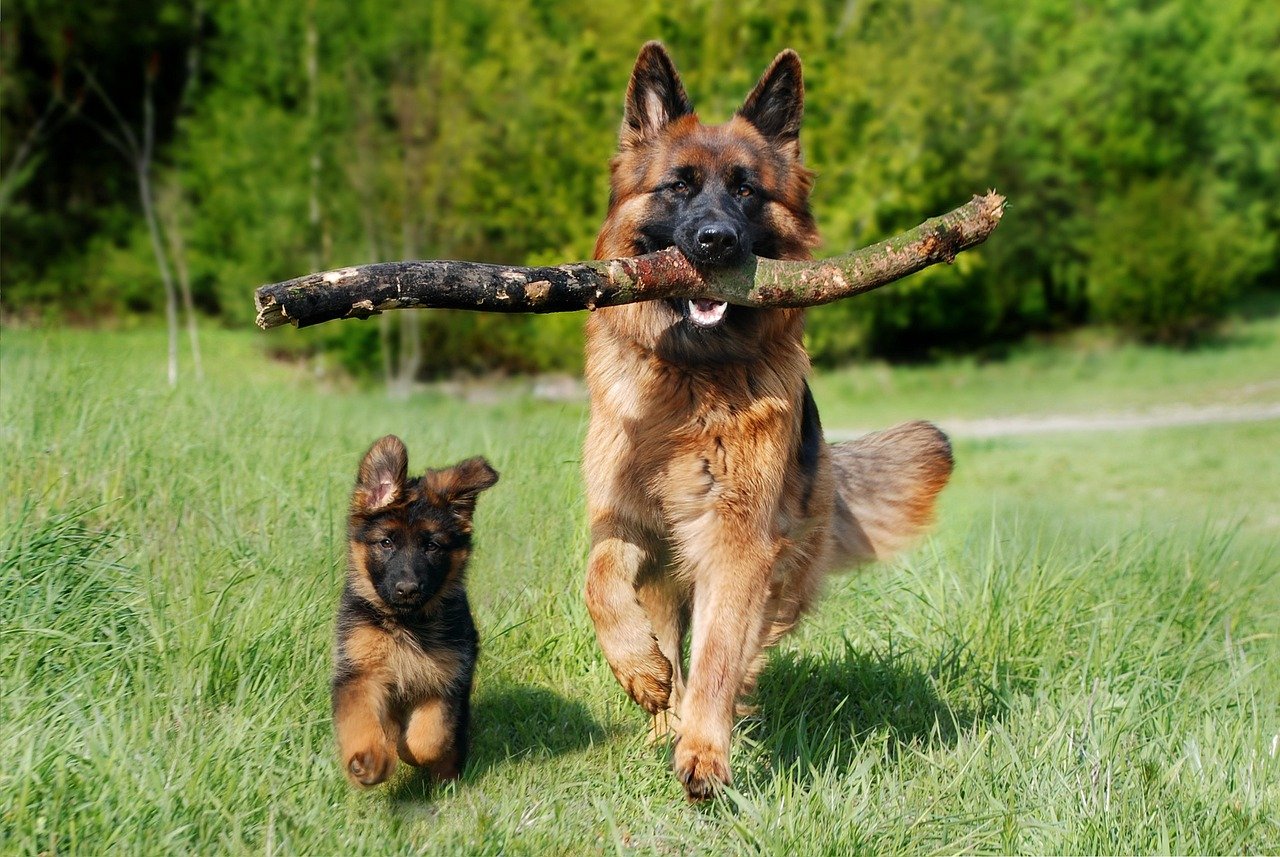
German Shepherds aren’t just creatures of habit; they’re built for it. Their working background gives them a strong preference for structure and predictability, due to which they perform best in service dog roles such as military and police dogs. These intelligent warriors need their world to make sense, with clear expectations and consistent schedules.
Without routine, they may grow restless or anxious, especially if their mental needs go unmet. They don’t just want a job, they want the same job at the same time, every day. Imagine having a coworker who’s incredibly competent but needs everything planned out in advance — that’s your German Shepherd. They thrive on predictability and can become stressed when their carefully constructed world gets disrupted.
Border Collie — The Obsessive Perfectionist
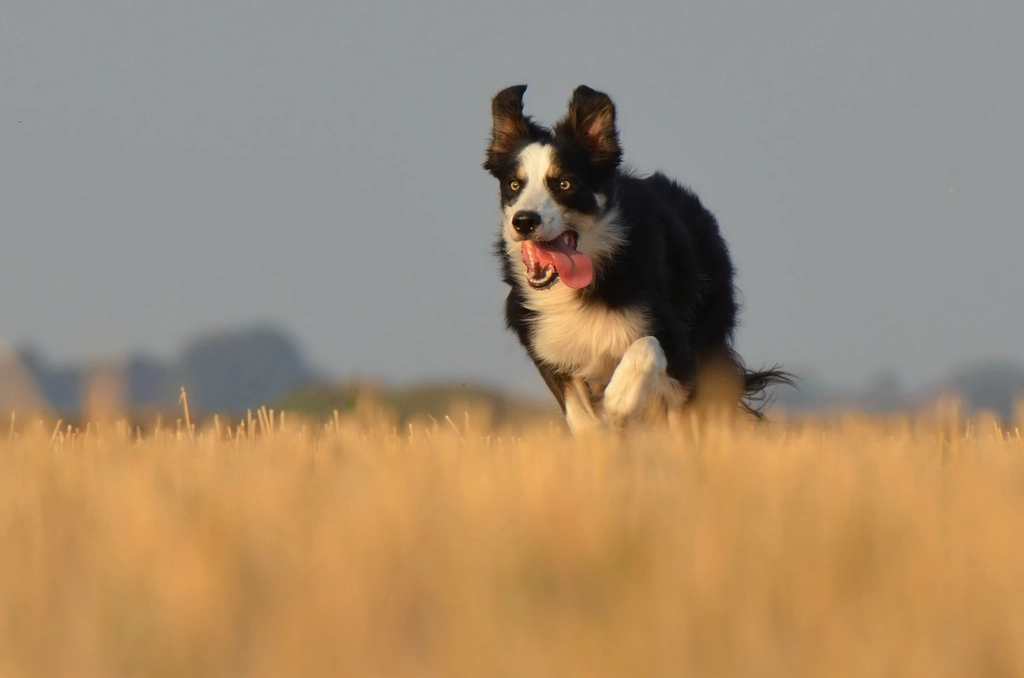
These emotional dogs love routine and can become anxious in chaotic environments. A peaceful home with structure helps them feel safe and thrive. Border Collies are incredibly intelligent and crave mental stimulation. They thrive in structured environments because predictability allows them to channel their boundless energy in productive ways.
Without a routine, they’re likely to invent their own job—which might involve herding your children, your furniture, or your cat. A clear daily structure helps them feel secure, satisfied, and less likely to redecorate your living room with zoomies. They’re like having a brilliant intern who needs constant direction — incredibly capable but requiring structured guidance to prevent them from reorganizing your entire life according to their own mysterious logic.
Belgian Malinois — The High-Performance Machine

Malinois are workhorses with a turbo button. These dogs need more than just a walk—they need a mission. A day without structure feels like a missed opportunity to them, and they’ll invent things to do if left idle. Structure helps channel their drive, calm their mind, and keep your home from turning into a DIY obstacle course.
These dogs are essentially four-legged Navy SEALs who need their operations planned out in advance. Without a clear mission and structured routine, they become their own worst enemy — and yours too. They’re the type of dog that will disassemble your couch to see how it’s made if they don’t have a proper outlet for their intense energy and intelligence.
Akita — The Dignified Traditionalist
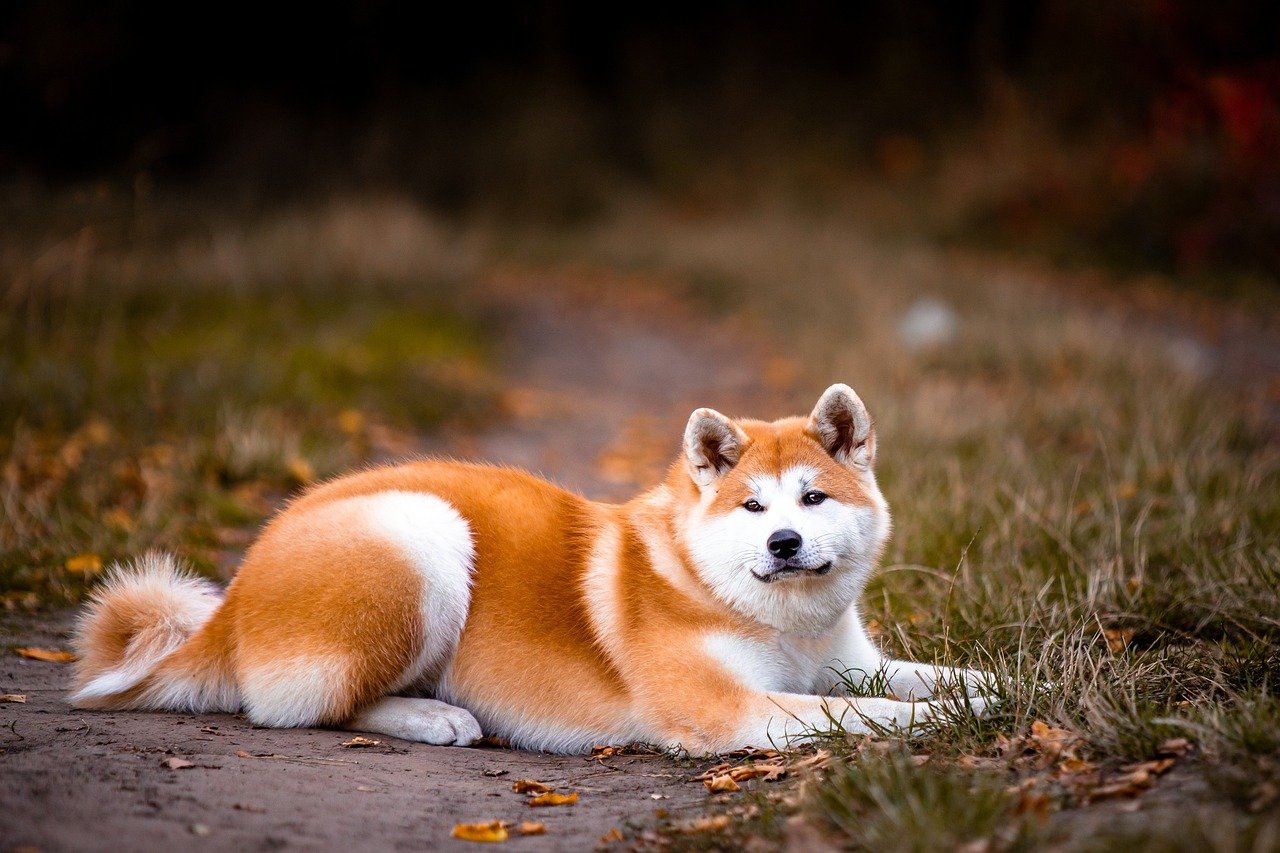
Akitas are dignified, reserved, and thrive on predictable routines. These noble dogs like things a certain way and don’t respond well to chaos or inconsistent handling. A structured environment helps them feel safe and keeps their independent spirit grounded. You may even find them setting their own schedule if you forget to make one.
Akitas are like living with a polite but opinionated roommate who has very specific preferences about how things should be done. They’re not demanding, but they have standards. Change their routine without notice, and you’ll get that look — you know the one — that says they’re disappointed in your life choices but too dignified to say anything about it directly.
Vizsla — The Sensitive Athlete
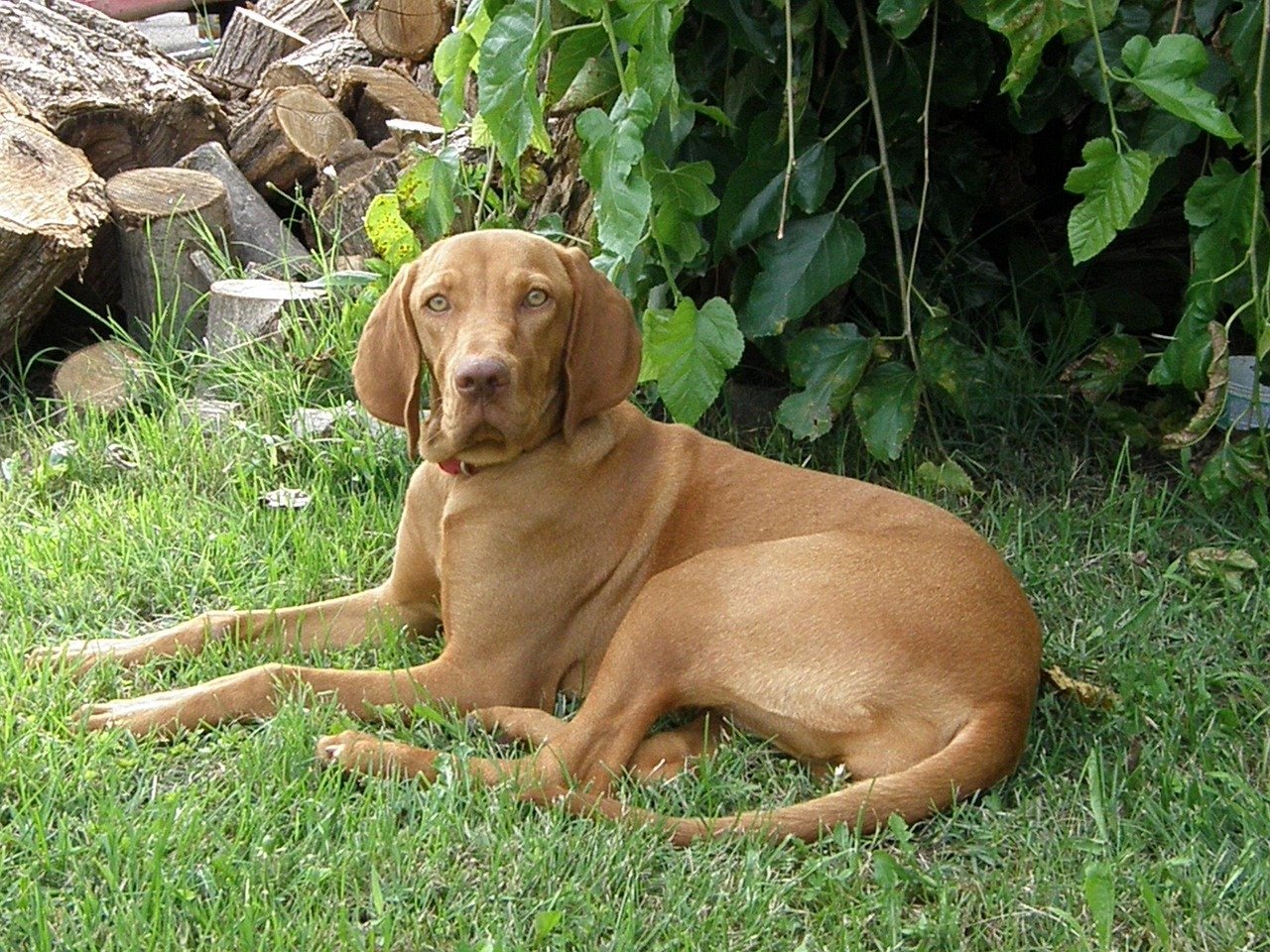
Routine helps prevent their sensitive natures from turning into clinginess. They relax when they know what to expect and when to expect you. These velvety bundles of love are sensitive and deeply connected to their people. Vizslas love structure not just for physical activity, but also emotional stability.
According to Hill’s Pet, their high energy and active nature mean they need structured outlets every day. Long walks, dog sports, training sessions, and fetch marathons are best for them. They’re like having a professional athlete who also happens to be an empath — they need both physical challenges and emotional consistency to feel secure and happy.
Doberman Pinscher — The Punctual Protector
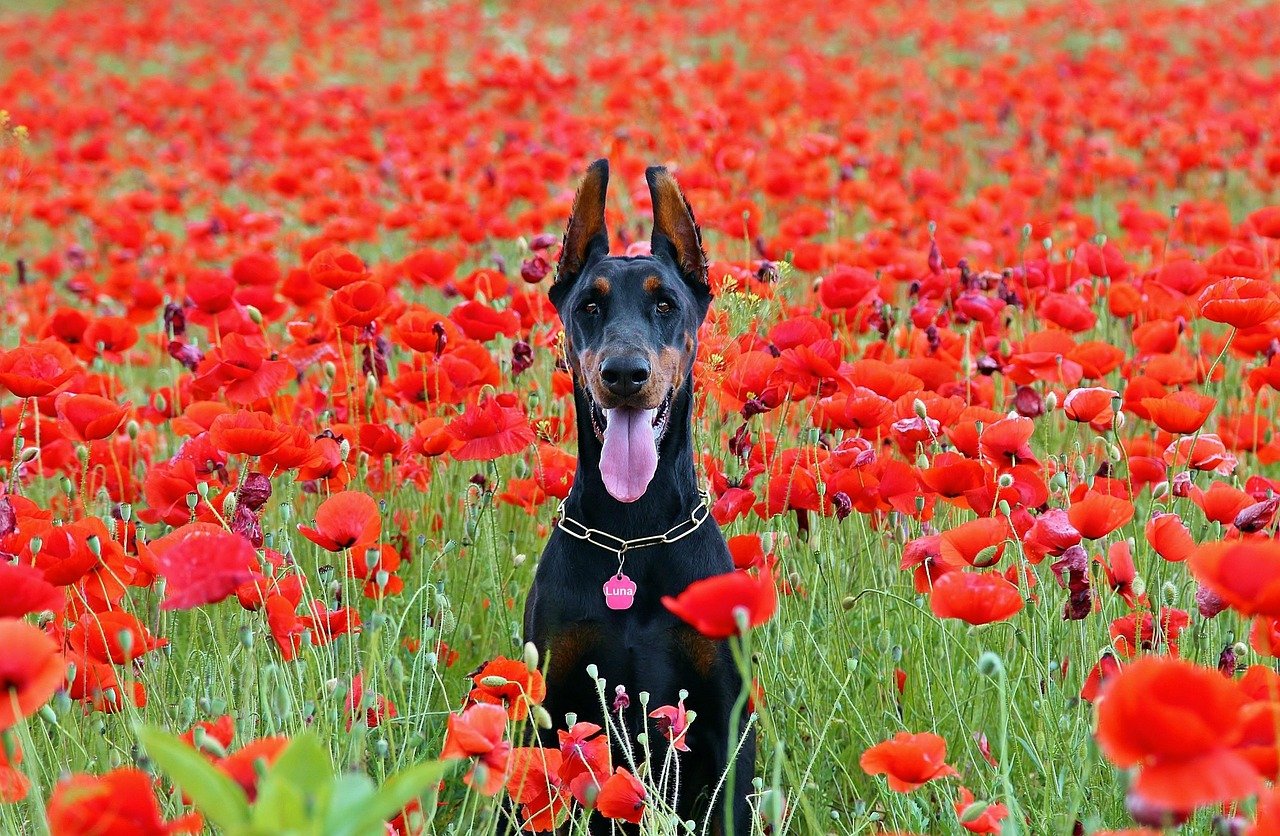
Dobermans are structured, intelligent dogs who do best with routine. They don’t like surprises, which makes them quick to learn your daily flow. Whether it’s morning walks, feeding time, or your evening unwind, they’re tracking your every move.
These sleek guardians are like having a very sophisticated security system that also happens to love belly rubs. They study your patterns with the intensity of a detective and expect you to maintain those patterns for the sake of household stability. Dobermans don’t just learn your routine — they become its enforcers, gently reminding you when you’re running late for anything important.
Cocker Spaniel — The Anxiety-Prone Sweetie
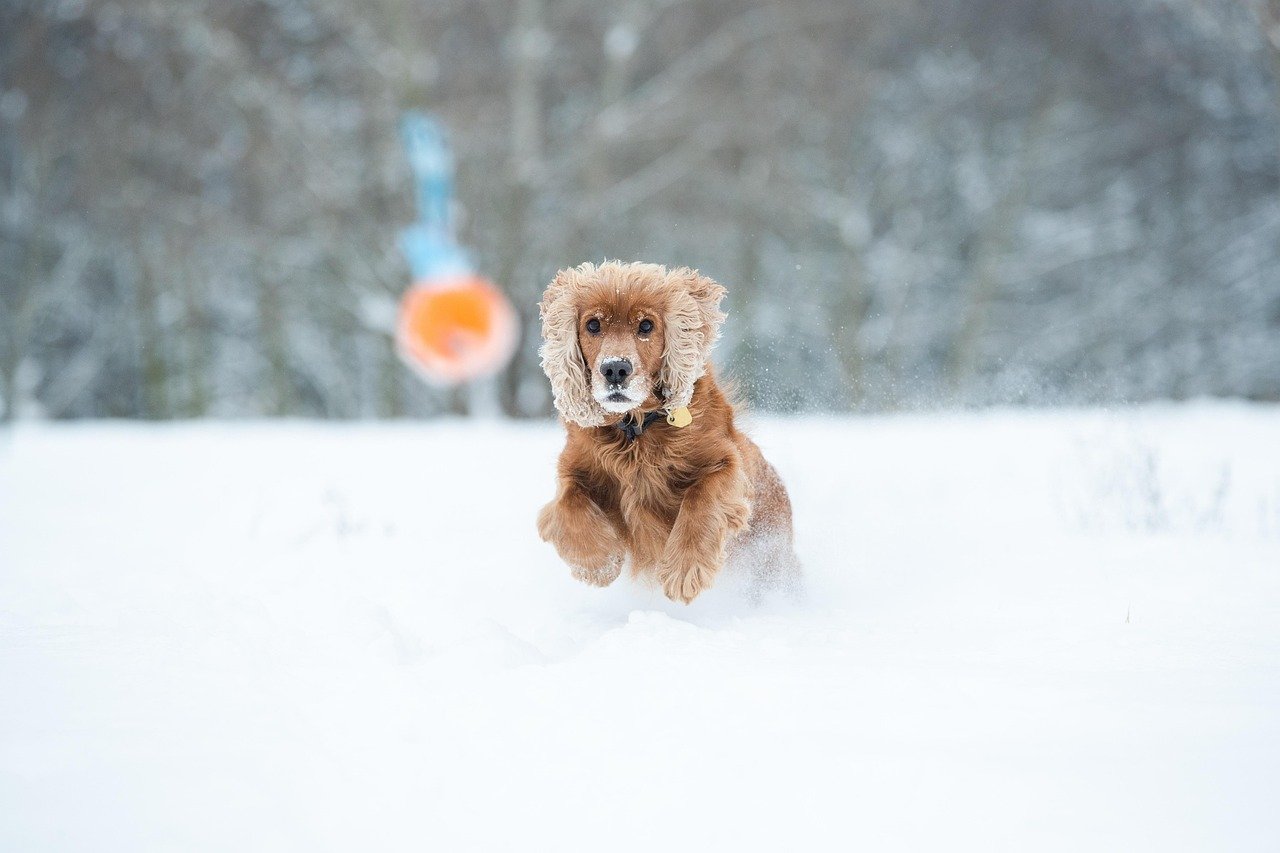
Cocker Spaniels are sweet and sensitive souls who appreciate the comfort of a steady daily rhythm. Changes in schedule can make them anxious, so routines help them stay calm and confident. They love knowing when their walk is coming and where their favorite toy will be.
These gentle spirits are like having a friend who gets overwhelmed at surprise parties but thrives when they know what to expect. They need the security of predictability to show their best selves. When their routine gets disrupted, they don’t act out — they just worry quietly, which somehow makes you feel even worse about changing plans at the last minute.
Sheltie — The Anxious Perfectionist
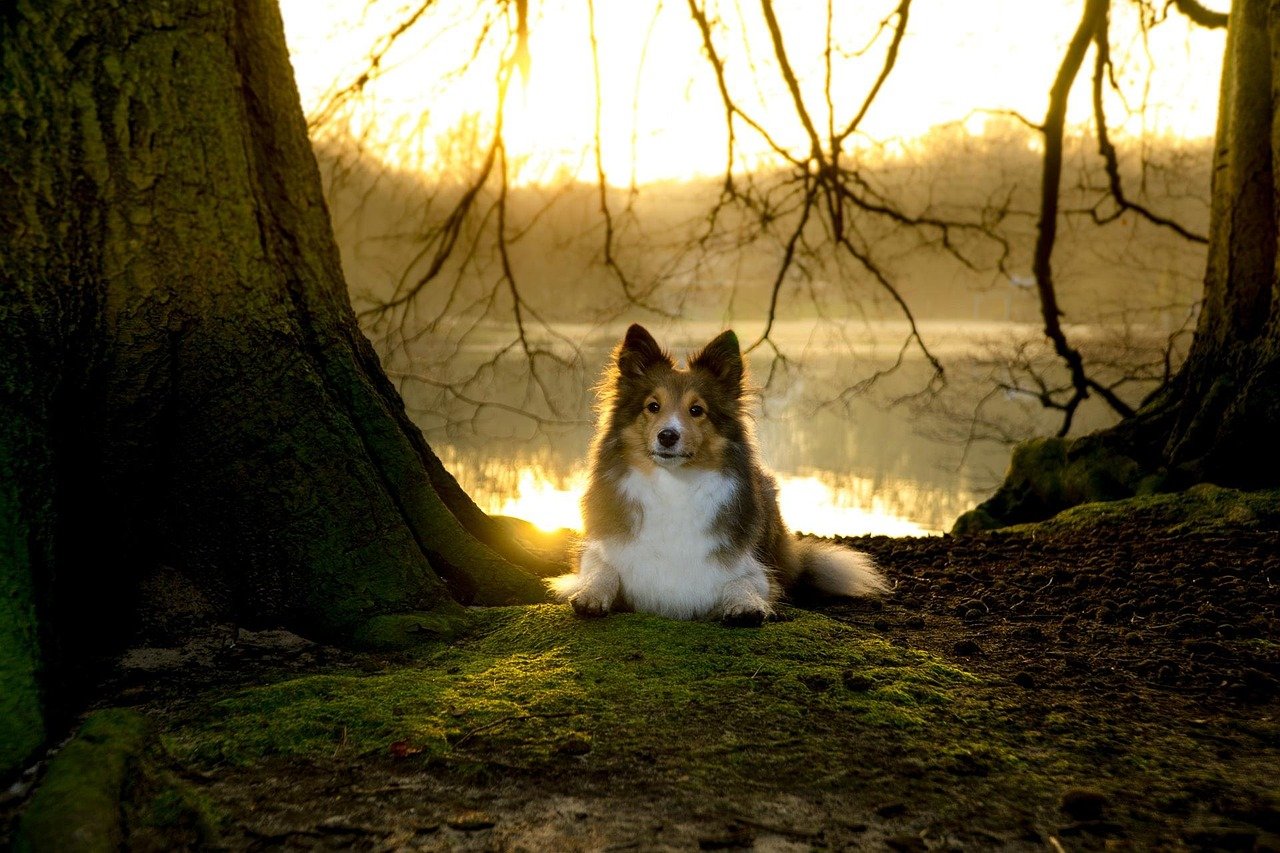
Shelties are gentle observers who quietly piece together your routine. They learn household rhythms fast and respond with eager participation. They thrive on routine and feel secure when they understand what to expect. A Sheltie doesn’t need to be told what’s next.
These intelligent herding dogs are essentially furry personal assistants who anticipate your needs before you’re even aware of them. They’re the type of dog that will be sitting by the door five minutes before you usually leave for work, not because they want you to go, but because they’ve memorized your schedule and want everything to run smoothly. Disrupting their carefully observed routine can leave them feeling genuinely confused and anxious.
Conclusion

The secret to a happy dog isn’t about having the perfect home or the most organized schedule — it’s about understanding what your furry friend needs to thrive. Whether you’re living in beautiful chaos with a Golden Retriever who helps manage the madness, or maintaining clockwork precision with a German Shepherd who appreciates your attention to detail, the key is matching your lifestyle with your dog’s temperament.
Some dogs are natural zen masters who find peace in the eye of any storm, while others are sensitive souls who need the comfort of predictability to show their best selves. Neither approach is right or wrong — they’re just different ways of navigating the world. The most important thing is recognizing which type of companion will flourish in your particular brand of wonderful mayhem or organized calm.
Did you expect that your dog’s happiness might depend more on matching their personality to your lifestyle than on training them to adapt to yours?